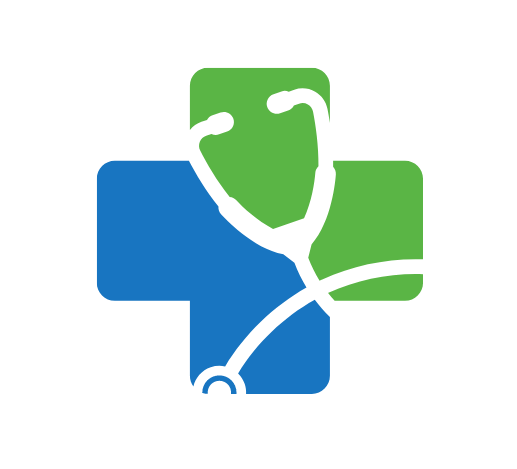
Before you dive into preparation, it’s vital to understand why you’re taking the exam. USMLE leads you to the U.S., PLAB is for the UK, and DHA opens doors in Dubai. Each exam has its own purpose, structure, and expected outcomes. Knowing your destination helps you create a focused study strategy. It also ensures you’re not wasting time on irrelevant content. If you’re unsure which exam suits your goals, explore the licensing requirements of each region. Consider where you plan to live, work, and build your medical career.
Understand what each exam is truly testing
USMLE focuses heavily on medical knowledge integration and clinical reasoning. Step 1 covers basic sciences, while Step 2 emphasizes clinical diagnosis. PLAB, especially Part 2, is all about clinical interaction and patient-centered care. DHA typically assesses core knowledge and professional practice standards aligned with Dubai’s healthcare regulations. Though they differ, they all test applied knowledge, not just facts. Understanding the purpose behind each question type improves how you study and respond.
Build a realistic and consistent study schedule
Preparation without a plan leads to exhaustion and inefficiency. Start by mapping out your available months. Then divide your time between learning new topics, revising, and practicing questions. Be honest about your daily capacity. If you can study four hours, don’t pretend you’ll do eight. Most candidates benefit from structured schedules using calendars or mobile apps. Leave space for breaks and life events. Burnout is real and affects retention.
Choose resources carefully and don’t over-collect material
A common trap is trying to use every available book and video. Instead, choose resources known for your specific exam. USMLE students often prefer UWorld, First Aid, and Pathoma. PLAB candidates succeed with materials aligned to the UK Foundation Programme. For DHA, many use Prometric-style questions and DHA-specific test banks. Quality trumps quantity. It’s better to master a few resources than to skim ten different ones poorly.
Focus early on practice questions and simulated tests
Practice questions aren’t just review tools—they’re essential learning methods. They show you how examiners think. They also highlight your weak areas faster than rereading a chapter. Use timed blocks of questions to simulate the exam. Review not just the correct answers but also why you were wrong. Reflection converts mistakes into knowledge. Aim to complete at least two full-length simulations before the real exam.
Know the exam logistics and registration steps well in advance
Every licensing exam requires paperwork, documentation, and careful scheduling. USMLE requires ECFMG registration, while PLAB needs GMC approval and language evidence. DHA applicants apply through the Sheryan portal and must schedule a Prometric-style test. Don’t assume things will fall into place last minute. Start collecting required documents, like diplomas, transcripts, and identification, early. Delays in verification can postpone your exam and job offers.
Join support groups and study communities for motivation
You’re not the only one preparing for these exams. Thousands are on the same path. Joining forums, WhatsApp groups, or online communities helps you stay updated. Platforms like Reddit, Student Doctor Network, and Facebook host many active discussions. These spaces also help you troubleshoot application issues, share discount codes, and discuss study techniques. However, don’t let comparisons demotivate you. Use community for motivation, not competition.
Adapt your preparation to the unique format of each test
While USMLE and PLAB have many multiple-choice components, PLAB 2 is entirely practical. It tests your clinical demeanor, communication, and real-time decision-making. Practicing with live partners or through OSCE simulations is essential. DHA, though mostly multiple-choice, can include applied scenario questions. Practice adapting to each format instead of using one method for all. What works for USMLE may not apply to PLAB or DHA.
Take care of your mental health and physical wellbeing
Long preparation periods can lead to fatigue, anxiety, and doubt. That’s why self-care is part of your study plan. Sleep well, eat nourishing meals, and take breaks outdoors. Avoid comparing yourself to others’ progress or scores. Everyone’s journey is unique, and speed doesn’t equal success. Talk to supportive friends or a mentor if you feel overwhelmed. Even short walks, meditation, or favorite hobbies can restore balance.
Reflect regularly and adjust your strategy if needed
No study plan is perfect from the beginning. Every few weeks, review your performance. Ask yourself what’s working and what’s not. If a resource feels overwhelming, simplify. If your practice scores aren’t improving, change your revision method. Flexibility is a strength. The goal is progress, not perfection. Exams like USMLE, PLAB, and DHA reward consistent, strategic effort—not blind memorization.

 then "Add to Home Screen"
then "Add to Home Screen"